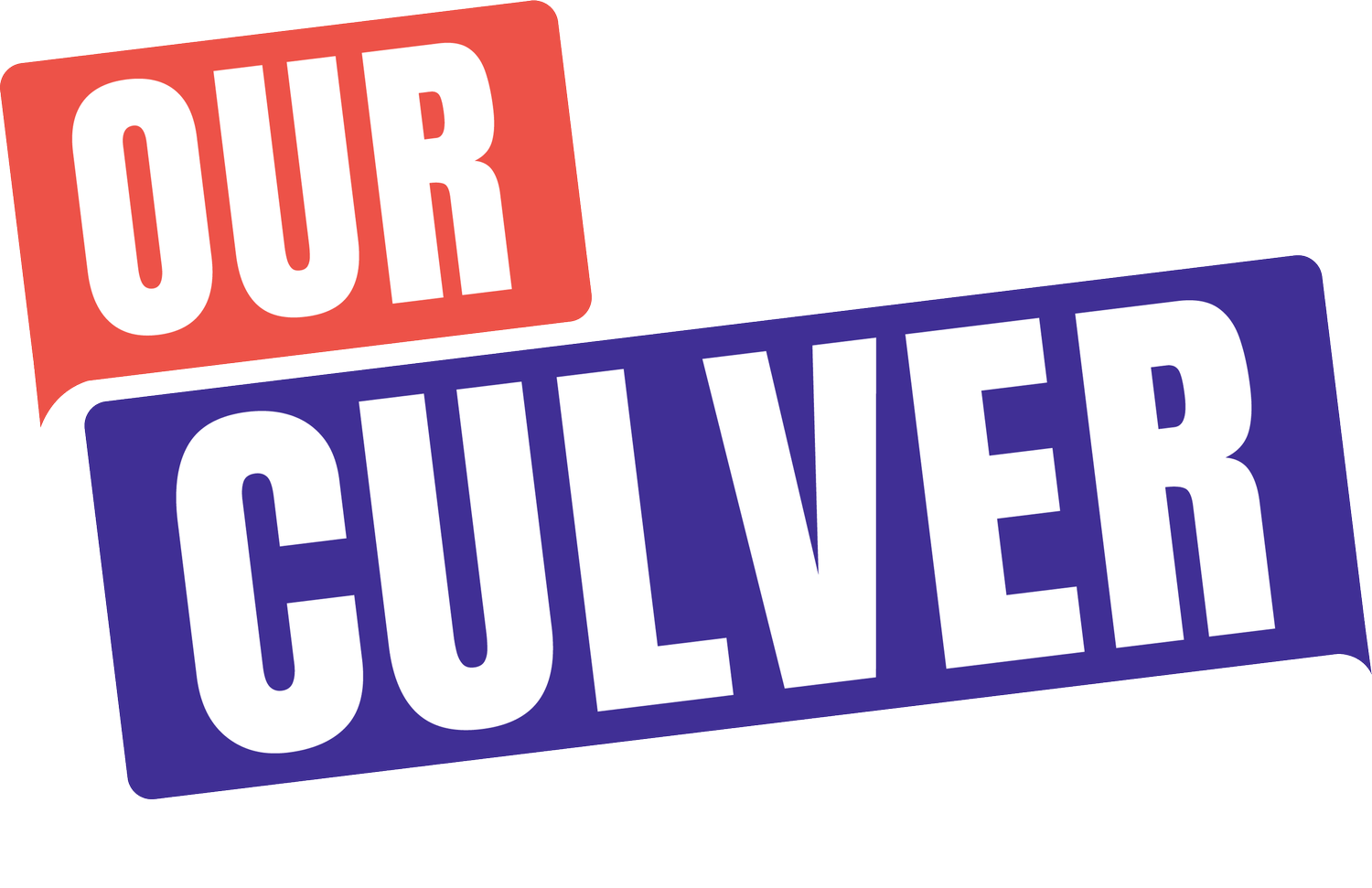Culver City to host New Zealand during the 2028 Olympics
On Monday, the Culver City Council took its first big step in planning for the 2028 Olympics. You might know that Los Angeles will be hosting the Olympics for the first time since 1984, and now Culver City is set to be a hub of activity, centered around a “hospitality house” for the New Zealand delegation. The City Council considered the item over two meetings, with a unanimous vote on September 8 to approve New Zealand’s term sheet and a unanimous vote on September 29 to approve an agreement.
There are few places in the world where you could experience a hometown Olympics more than once, so this will be a rare honor and privilege. For those old enough to remember 1984, maybe you joined neighbors to watch the Olympic torch pass near your house. Or called family long distance with your Olympics-branded AT&T landline to share what they were missing.
The AT&T monopoly has been broken up since the ‘84 Olympics, but the Olympics as a platform for big business is still the norm. On Monday night, Culver City finalized the key elements of a partnership with the non-profit New Zealand Olympic Committee (NZOC) to turn Town Plaza and the Culver Steps into a “Hospitality House and Fan Zone.”
The plan will utilize both public and private spaces:
NZOC will take the lead on entertainment and activities, including Olympic broadcasts on two large video screens and a stage for cultural performances, music, and entertainment.
Invitation-only events will be held on the Upper Plaza of the Steps, Laurel Grill, the Culver Hotel, Amazon Studios and the Culver Theater.
NZOC has asked the city to cover security, police, fire/EMS and other mandatory event services - costs associated with both the public and private events (it’s unusual for the city to cover expenses for private functions).
The agreement approved on September 29 was a big improvement on the concept discussed at the September 8 council meeting, which required Culver City to pay for 100% of the event costs with no private sector contribution. After objections from Vice Mayor Puza and Councilmembers Fish and McMorrin, the City made significant improvements to the agreement, including a cost-share from the private sector and a cap on city costs. By reshaping the agreement, these Councilmembers upheld the principle that the businesses that expect to profit most from the events should be expected to contribute, thereby lowering the costs coming from our General Fund, which is under significant stress.
The exact hours and extent of public activities will depend on expenses and fundraising yet to be finalized. The city staff report presented options ranging from a couple hours of daily public Olympics viewing to an expanded “open streets” concept that would extend the event into more streets and small businesses downtown. The agreement reached Monday night calls for 10-12 hours of public Olympic viewing and cultural performances each day centered around Town Plaza. Most of the adjacent properties where private events will take place were developed by Hackman Capital and can expect to receive worldwide exposure.
Hosting the New Zealand team in Culver City is exciting to many residents and businesses as it will bring opportunities for residents to interact with Olympics visitors from around the world who will patronize local venues and fill hotels and short-term rentals to capacity. However, even with the projected $2.28 million increase in revenue to local businesses, the city itself is projected to spend more money than it brings in.
Thankfully, Councilmembers Fish, McMorrin, and Vice Mayor Puza pushed to limit the city’s exposure to no more than $325,000. This plan was supported by the entire City Council on Monday.
This agreement is the first of many. It will evolve into a complex public-private partnership extending beyond the City and NZOC. The Culver City Arts Foundation will coordinate fundraising, each private venue will develop access and rental agreements, and security plans need to be coordinated with the greater Los Angeles Olympics. With so many moving parts and a decentralized management structure, a lot can change in the next 3 years.
It’s an exciting time, but it’s also important for the City to manage public funds prudently, especially as we wait to receive financial commitments from potential private partners, such as billion-dollar enterprises Hackman Capital, Apple, Sony Pictures and Amazon Studios. There’s so much potential ahead, let’s make this a partnership to be admired and a model for the next time the Olympics come to town.



